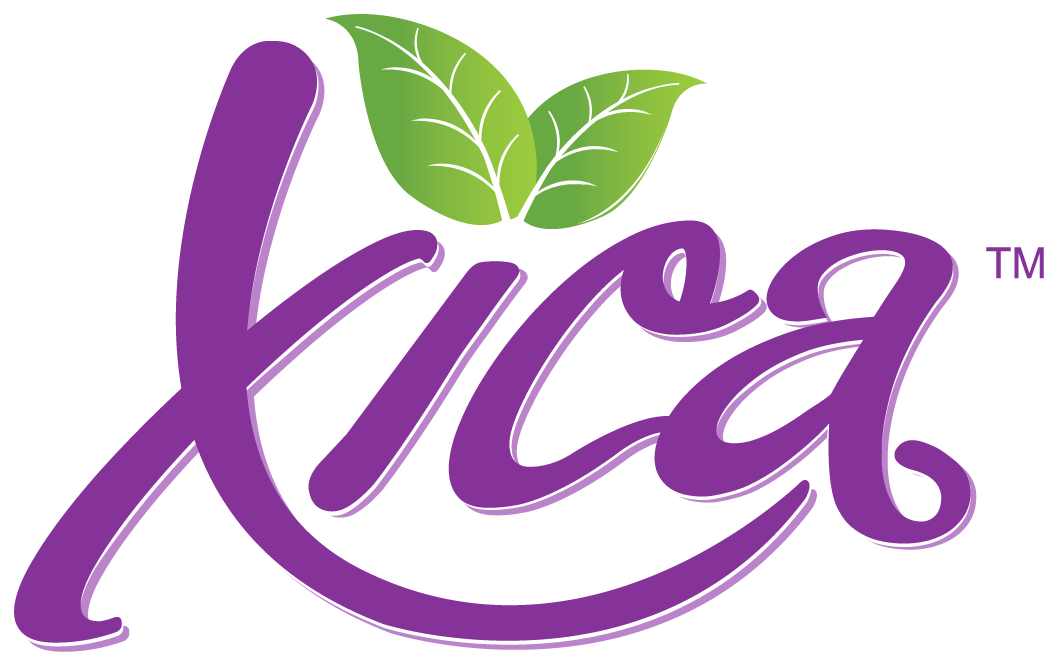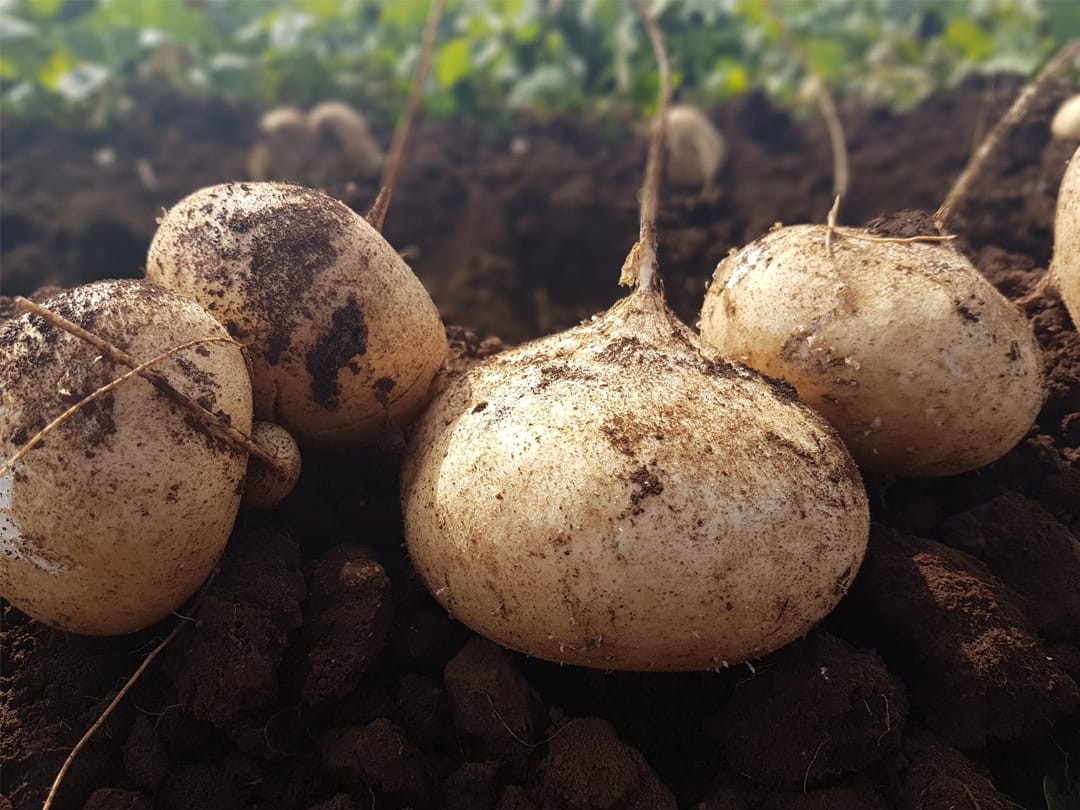Jicama, the most adaptable, diabetic friendly root veggie that works great a carb alternative is ALSO a superfood. Couldn't get any better, could it?
We're going to get a bit more in depth so you can better understand its nutritional benefits and why it can be considered an amazing super food!
Lets dive right in!
First things first. Many people don't know about jicama's exact nutritional values so in order to give you an idea this is what jicama is mainly made of:
One cup (130 grams) of jicama contains the following nutrients:
- Calories: 49
- Carbs: 12 grams
- Protein: 1 gram
- Fat: 0.1 gram
- Fiber: 6.4 grams
- Vitamin C: 44% of the RDI
- Folate: 4% of the RDI
- Iron: 4% of the RDI
- Magnesium: 4% of the RDI
- Potassium: 6% of the RDI
- Manganese: 4% of the RDI
With that cleared out of the way, here we share the main nutritional benefits of jicama and why it can be considered a superfood!
1. Jicama Promotes Good Digestion
One cup (130 grams) of jicama contains 6.4 grams of fiber, which can help you meet your daily fiber needs. This is the equivalent of 17% of the Recommended Daily Intake (RDI) for fiber for men and 23% of the RDI for women. Dietary fiber helps increase the bulk of stool, allowing food and waste to move more efficiently through your digestive tract.
Moreover, jicama contains a specific type of fiber called inulin. Studies show that inulin can increase the frequency of bowel movements by up to 31% in those with constipation.
2. Jicama Supports Healthy Gut Bacteria
As noted above, jicama is a dense source of a soluble fiber. When this soluble fiber is consumed, it results in something known as a “stagnant carbohydrate”. In the case of jicama, this “stagnant carbohydrate” is the oligofructose inulin that was mentioned above. What’s unique about “stagnant carbohydrates” is that they are not broken down to sugar while passing through the human digestive system. These carbohydrates are then able to ferment in the lower digestive system, feeding good bacteria such as bifidobacteria, and aiding in the growth of their probiotic colonies. Over 75 percent of our immune system in the gut. So, by helping promote healthy gut bacteria growth, and balancing the flora in the digestive system, jicama can support overall health and immunity function.
3. Jicama Can Help Balance Blood Pressure
Jicama contains potassium, a mineral known as a vasodilator, which lowers the pressure in the circulatory system. The high potassium levels in jicama act as an electrolyte promoting hydration and fluid/sodium balance, which in turn may help keep blood pressure at a healthy level.
4. Jicama Is Loaded With Antioxidants
Antioxidants are vital to combat free radical damage within the body. In short, free radicals are molecules with unpaired electrons that bounce around the body and can “steal” electrons from cells, resulting in molecular damage. Free radical damage is implicated in a variety of diseases such as cancer, cardiovascular disease, diabetes and cognitive decline.
One cup of jicama provides 40% of the Recommended Daily Intake (RDI) of the antioxidant vitamin C. It also contains the antioxidants vitamin E, selenium and beta-carotene.
5. Jicama Is Rich In Water
Jicama is 85% water. Foods with a high water content can help you meet your daily fluid needs. Because jicama is also dense in minerals, which act as electrolytes, it further promotes hydration and fluid balance in the body. Similar to watermelon or cucumber, you can use it to help you stay hydrated, especially when it’s hot outside.
6. Jicama May Promote Blood Sugar Balance
Jicama is an ideal food for people with diabetes because it does not break down into simple sugars during digestion. If you have diabetes or blood sugar problems, jicama is a safe snack or side dish. So although jicama may have all of the comforting starchy flavor and feel of a potato, and it does contain carbohydrates; unlike potatoes the carbohydrates in jicama have a low glycemic load, which means the carbohydrates don’t affect your blood sugar very much.
7. Jicama and Weight Loss
As explained above, this root vegetable is low in calories and high in fiber and water, making it a weight loss-friendly food. Jicama has been found to help regulate metabolic processes, and promote the balance of hormones.
Unlike many other root veggies, jicama is also keto friendly! It’s also a natural source of nitrates, which have been shown to amp up your body’s natural ability to burn fat faster.
8. Jicama Can Strengthen Bones
The inulin produced during the digestion of jicama allows the body to absorb minerals more efficiently. Oligofructose inulin keeps bones healthy by slowing the rate at which you lose bone density while enabling the absorption of calcium and other minerals. Calcium is one of the more difficult-to-absorb minerals, so help boost your absorption by including jicama in your meals or snacks a couple times during the week!

